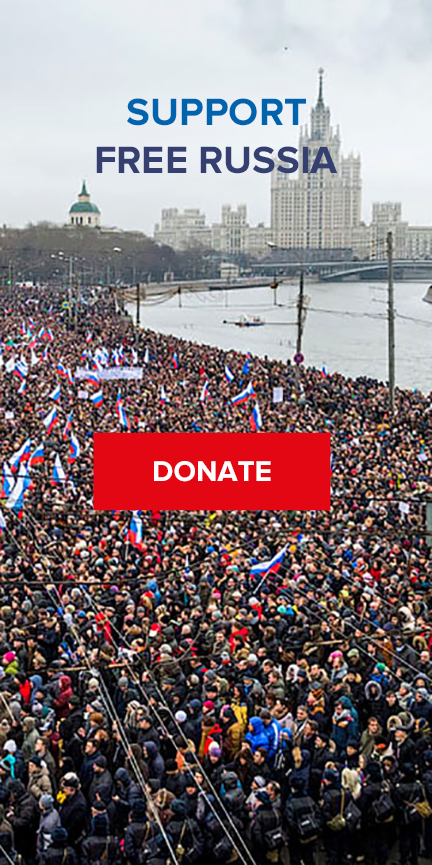Free Russia Foundation Condemns the Signing of the Treaty on the “Incorporation of New Territories into Russia,” De Facto the Annexation of the Occupied Territories of Ukraine
On Friday, September 30, 2022, Russian President Vladimir Putin and the heads of the self-proclaimed “Luhansk People’s Republic” and “Donetsk People’s Republic,” as well as the occupation administrations of Zaporizhia and Kherson regions, signed treaties in the Kremlin on “joining Russia.”
Free Russia Foundation strongly condemns the decision of Vladimir Putin and his administration to continue the illegal annexation of the occupied territories in Ukraine. The forcible change of international borders at the expense of another sovereign state and the so-called “referenda” that preceded it are a serious violation of the foundations of international law and cannot be recognized under any circumstances.
Natalia Arno, president of Free Russia Foundation: “Today Vladimir Putin has de facto announced the illegal annexation of the occupied territory of a sovereign state. The signing of this treaty is a blatant violation of the fundamental norms of international law and the Charter of the United Nations, of which Russia is a member. Such actions by the Russian President, together with previously announced military mobilization and nuclear blackmail, only lead to an escalation of the conflict and new human sacrifices. In the modern world, borders cannot be redrawn at gunpoint. Russia’s actions are illegal and unacceptable to the civilized world.”
Free Russia Foundation, which provides support to Russian activists, journalists, and human rights defenders, calls on all countries and international organizations to join us in resolute and public condemnation of Russian military aggression and its illegal actions to tear away the territory of sovereign Ukraine. We urge you to call on the Kremlin to cease its hostilities and leave the territories it has seized.

